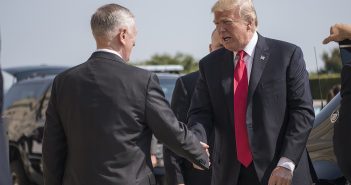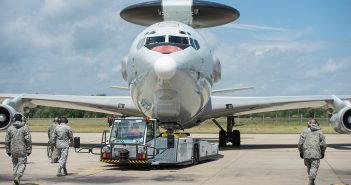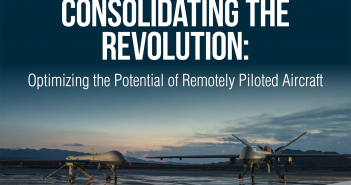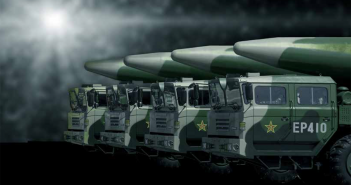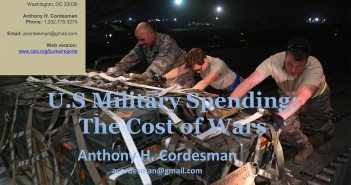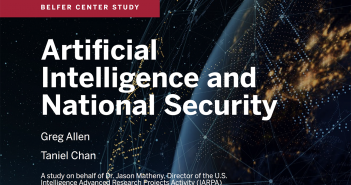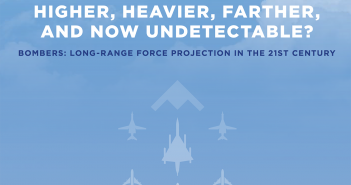Your single destination for high-quality content from top think tanks around the world. Fresh reports and analysis as they are released to ensure valuable thought leadership work isn’t lost in the daily noise.

CSBA’s ‘Doing What You Know: The United States and 250 Years of Irregular War’
In a new study from the Center for Strategy and Budgetary Assessments entitled “Doing What You Know: The United States and 250 Years of Irregular War,” Dave Johnson, PhD, CSBA senior fellow, analyzes why the United States has been as of yet unable to win the post 9-11 “Global War on Terrorism” despite its consistent use of “irregular combat.” “Its military forces, particularly the Army, Marine Corps, and Special Operations Forces, have made significant adaptations after the onset of the insurgency in Iraq following the initial success of conventional operations there in 2003,” he writes. “Yet, victory—achieving the desired political objectives—in Iraq and Afghanistan continues to elude the United States more than fifteen years into the Global War on Terrorism despite significant investments in blood and treasure.” Learn more about the report here.



